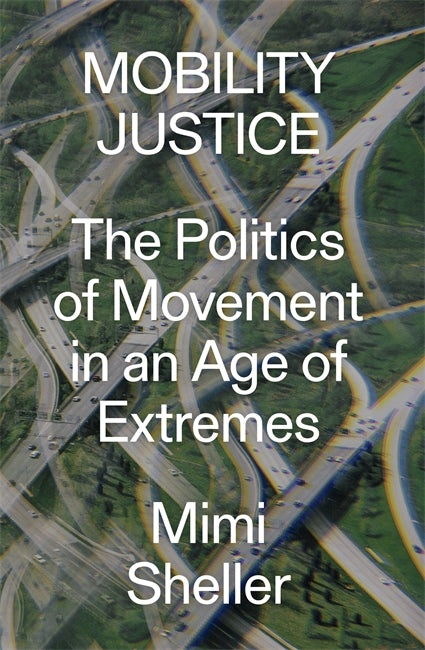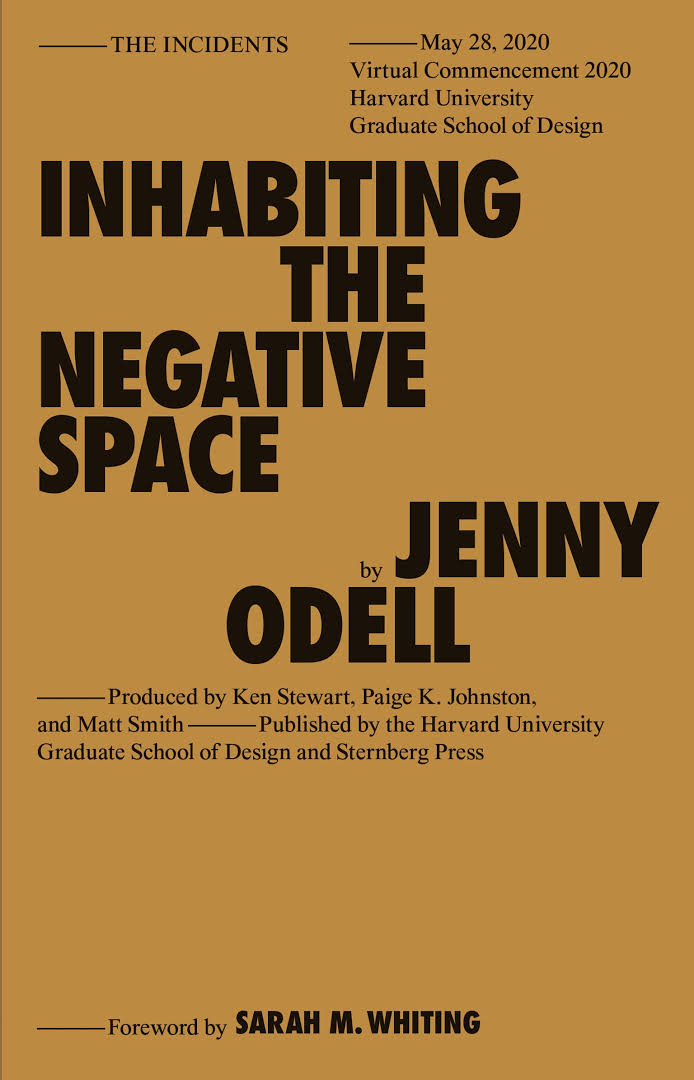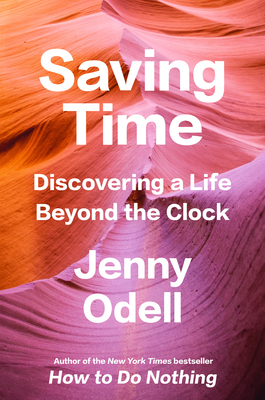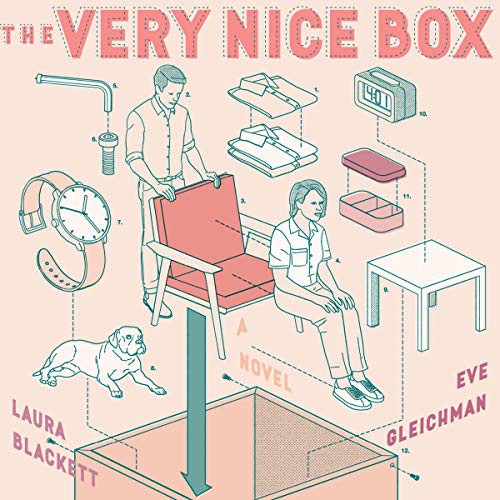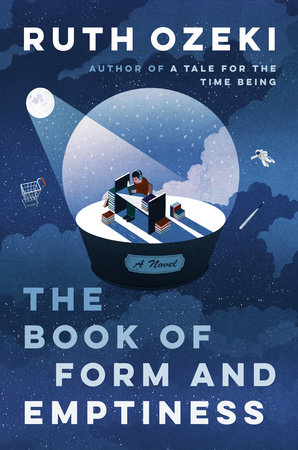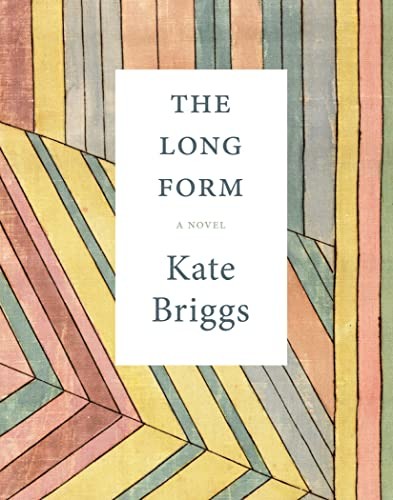@[email protected] the title is much catchier than the book itself. it's mostly comparing the history of social movements with the climate movement, their relationship to pacifism and violence, etc
User Profile
Reader of all sorts of fiction, and non-fiction mostly about urbanism, technology, or anything else that piques my curiosity.
For non-book related tooting, you can find me at @[email protected]. And I sometimes write on my personal blog at amble.blog
Got any book recommendations?
This link opens in a pop-up window
Christof's books
User Activity
RSS feed Back
Christof started reading Mobility Justice by Mimi Sheller
Christof wants to read Long Form by Kate Briggs
Christof wants to read Our Strangers by Lydia Davis
Christof rated How to Blow up a Pipeline: 4 stars
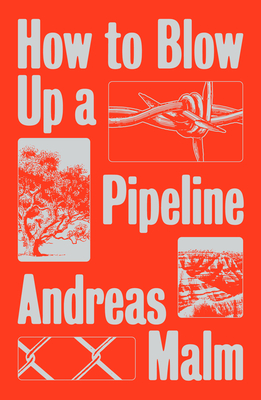
How to Blow up a Pipeline by Andreas Malm
Why resisting climate change means combatting the fossil fuel industry
The science on climate change has been clear for a …
Christof finished reading How to Blow up a Pipeline by Andreas Malm

How to Blow up a Pipeline by Andreas Malm
Why resisting climate change means combatting the fossil fuel industry
The science on climate change has been clear for a …
Christof quoted How to Blow up a Pipeline by Andreas Malm
Climate fatalism is for those on the top; its sole contributions is spoilage. The most religiously Gandhian climate activist, the most starry-eyed renewable energy entrepreneur, the most self-righteous believer in veganism as panacea, the most compromise-prone parliamentarian is infinitely preferable to the white man of the North who says, 'We're doomed – fall in peace.' Within the range of positions this side of climate denial, none is more despicable.
— How to Blow up a Pipeline by Andreas Malm (Page 104)
Christof quoted How to Blow up a Pipeline by Andreas Malm
A climate fatalist of the Scranton-Franzen type (the self-sufficient hunter-farmer is a separate case) then projects this weakness of the flesh onto society, elevating the individual inability to change the established order to a universal fact. It is easier to imagine the end of the world than me skipping a filet mignon.
— How to Blow up a Pipeline by Andreas Malm (Page 98)
Christof quoted How to Blow up a Pipeline by Andreas Malm
The weather is already political, but it is political from one side only, blowing off the steam built up by the enemy, who is not made to feel the heat or take the blame.
— How to Blow up a Pipeline by Andreas Malm (Page 82)
Christof quoted How to Blow up a Pipeline by Andreas Malm
The task of climate activists cannot be to take an existing level of consciousness as a given, but rather to stretch it. They should walk ahead – not too far from the masses, which would lead to isolation; nor in the median or rear, which would obviate their mission.
— How to Blow up a Pipeline by Andreas Malm (Page 82)
Christof quoted How to Blow up a Pipeline by Andreas Malm
We should posit a law of a tendency of the receptivity to rise in a rapidly warming world; anything else would be to presume a species-wide death wish.
— How to Blow up a Pipeline by Andreas Malm (Page 81)
Christof quoted How to Blow up a Pipeline by Andreas Malm
'No one, rich or poor', can have something like a right to emit because all emissions must be brought to zero in no time. Luckily, this does not condemn the poor to eternal poverty, for what they need is not emissions but energy, and with the renewable kind cheaper across the board, the transition does not require the sacrifice of their material aspirations. But where does this leave the distinction between luxury and subsistence emissions? Has it now lost its relevance?
— How to Blow up a Pipeline by Andreas Malm (Page 63)
Christof quoted How to Blow up a Pipeline by Andreas Malm
Property destruction still happens – it's just done by the wrong people for very wrong causes.
— How to Blow up a Pipeline by Andreas Malm (Page 56)
Christof quoted How to Blow up a Pipeline by Andreas Malm
Property will cost us the earth.
— How to Blow up a Pipeline by Andreas Malm (Page 49)
